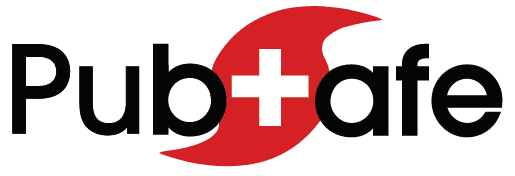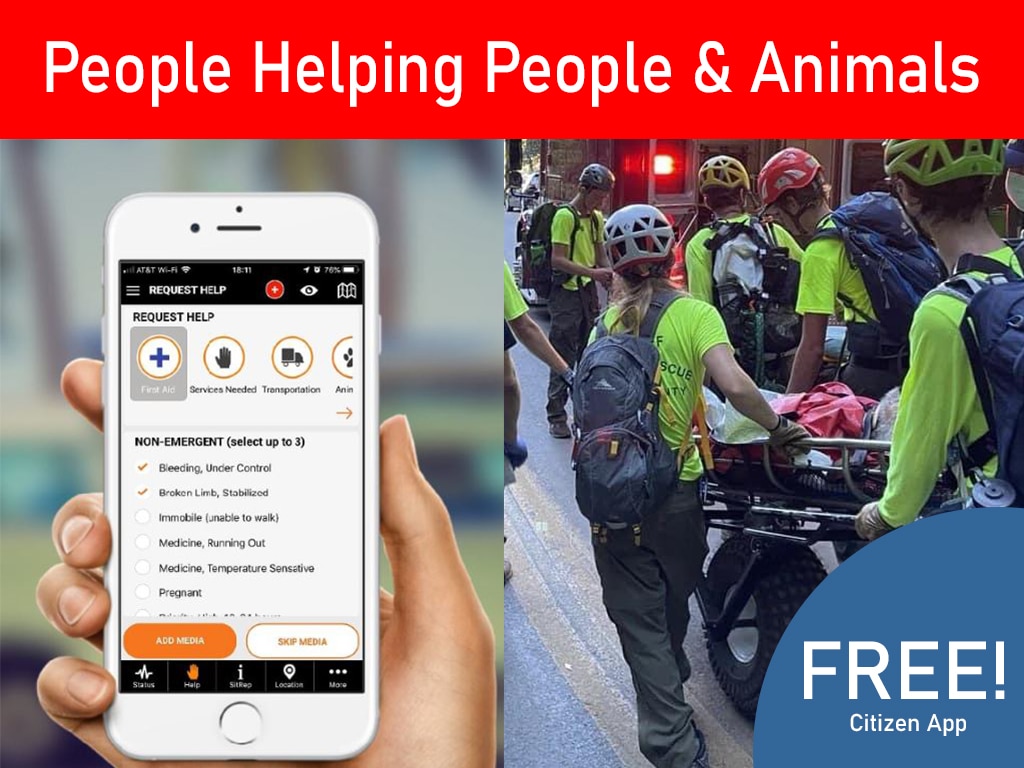Social Media Platforms Are a Risky Choice
In today’s digital age, social media has become an integral part of our lives. From staying connected with friends and family to keeping up with the latest news, these platforms offer numerous benefits. However, when it comes to risk management, relying on social media can present significant challenges and risks. Here are five compelling reasons why it’s time to rethink and “unlike” social media for your crisis management strategy.

Inaccurate and Unverified Information
One of the biggest drawbacks of using social media for risk management is the prevalence of inaccurate and unverified information. Social media platforms are notorious for the rapid spread of rumors and misinformation. During a crisis, false information can escalate panic, lead to poor decision-making, and undermine effective crisis management efforts. Unlike traditional media, social media lacks rigorous fact-checking processes, making it difficult to distinguish between credible sources and unreliable ones.
For example, during natural disasters, there have been numerous instances where false reports about the severity of the situation, the locations of safe zones, or the availability of resources have circulated widely. This can cause confusion and potentially put people at greater risk. A more reliable approach involves using platforms specifically designed for crisis management, where information is verified and vetted by experts.
Privacy and Security Concerns
Another critical issue with using social media for risk management is the potential for privacy and security breaches. Social media platforms are vulnerable to hacking and data breaches, which can expose sensitive information to unauthorized parties. During a crisis, the last thing you want is for confidential data to fall into the wrong hands.
Moreover, sharing too much information on social media can inadvertently disclose critical details about your organization’s vulnerabilities and response strategies. This can be exploited by malicious actors to target your organization or disrupt your crisis management efforts. It’s essential to use secure and private communication channels specifically designed for handling sensitive risk management information.
Lack of Control Over Content
When you rely on social media for risk management, you have little control over the content that gets shared and how it spreads. Social media algorithms prioritize content that generates engagement, which often means sensational or alarming information gets more visibility. This can lead to the spread of fear and misinformation, overshadowing accurate and useful information.
In contrast, dedicated risk management platforms like PubSafe allow you to control the flow of information, ensuring that accurate and timely updates reach the right people. These platforms also provide tools for coordinating responses and tracking the status of ongoing situations, enabling more effective risk management.
Inefficiency in Crisis Communication
Effective risk management requires timely and efficient communication. Social media, with its constant barrage of posts and updates, can make it difficult to disseminate important information quickly and clearly. Important messages can easily get lost in the noise, and there is no guarantee that your intended audience will see them in a timely manner.
Specialized crisis management tools offer more efficient communication channels that ensure important updates are delivered directly to those who need them. Features such as mass notifications, real-time alerts, and two-way communication capabilities are essential for managing crises effectively. These tools are designed to cut through the noise and provide a clear and reliable means of communication.
Inadequate Risk Management and Assessment
Risk management involves more than just responding to immediate crises; it requires ongoing assessment and mitigation of potential risks. Social media platforms are not equipped to provide the comprehensive risk assessment tools needed for effective risk management. They lack the analytical capabilities to monitor and evaluate risks systematically.
Dedicated risk management platforms, on the other hand, offer robust analytics and reporting features that help organizations identify potential risks, assess their impact, and develop mitigation strategies. These platforms provide a holistic view of your organization’s risk landscape, enabling proactive rather than reactive risk management.
While social media can be a useful tool for general communication and information sharing, it falls short when it comes to effective risk management. The spread of misinformation, privacy and security concerns, lack of control over content, inefficiency in crisis communication, and inadequacy for comprehensive risk assessment are significant drawbacks that cannot be overlooked. To ensure the safety and resilience of your organization, it’s time to move away from social media and adopt dedicated risk management platforms like PubSafe designed to handle the complexities of modern risk management. By doing so, you can enhance your organization’s ability to manage risks effectively and protect against potential threats.



